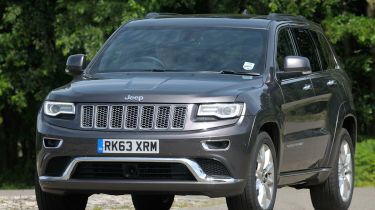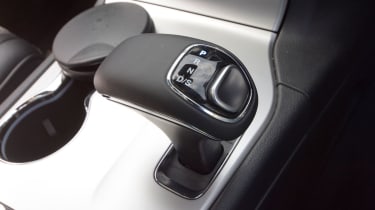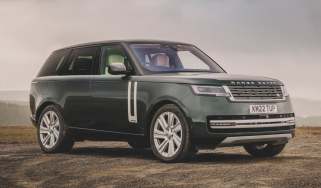Jeep Grand Cherokee (2011-2022) - MPG, CO2 and Running Costs
Diesel economy isn’t too bad for a big 4x4, but other running expenses will be significant

Just so you know, this is an older review of the 2011-2022 Jeep Grand Cherokee. If you are interested in information about the latest Jeep Grand Cherokee, or news of upcoming Jeep models, please follow the links provided.
Things have definitely improved over the previous generation, but the Jeep Grand Cherokee is still unlikely to win any awards for helping the environment. The standard-fit diesel engine achieves average fuel economy of 28.8mpg and emits 208g/km – by comparison, a BMW X5 xDrive30d in entry xLine trim, fitted with a six-cylidner engine of near identical displacement, returns 47.1mpg and emits 159g/km.
All other running costs, such as tyres, servicing and filters, will be expensive, too, and the bottom line is that the Grand Cherokee is not a cheap car to run. That's particularly true if you go for the Trackhawk model, which will return 16.9mpg on average and emits a huge 395g/km of CO2.
Insurance groups
The Jeep Grand Cherokee isn't any cheaper to insure than many of its rivals. The Overland and Summit models occupy groups 43 and 44, respectively, while the 6.2-litre V8 Trackhawk sits in the top bracket, at group 50.
Depreciation
The Jeep Grand Cherokee is relatively desirable on the used car market, and valuation experts CAP suggest that all the diesel models should retain between 41 and 43 per cent of their new value after three years and 36,000 miles of ownership.




